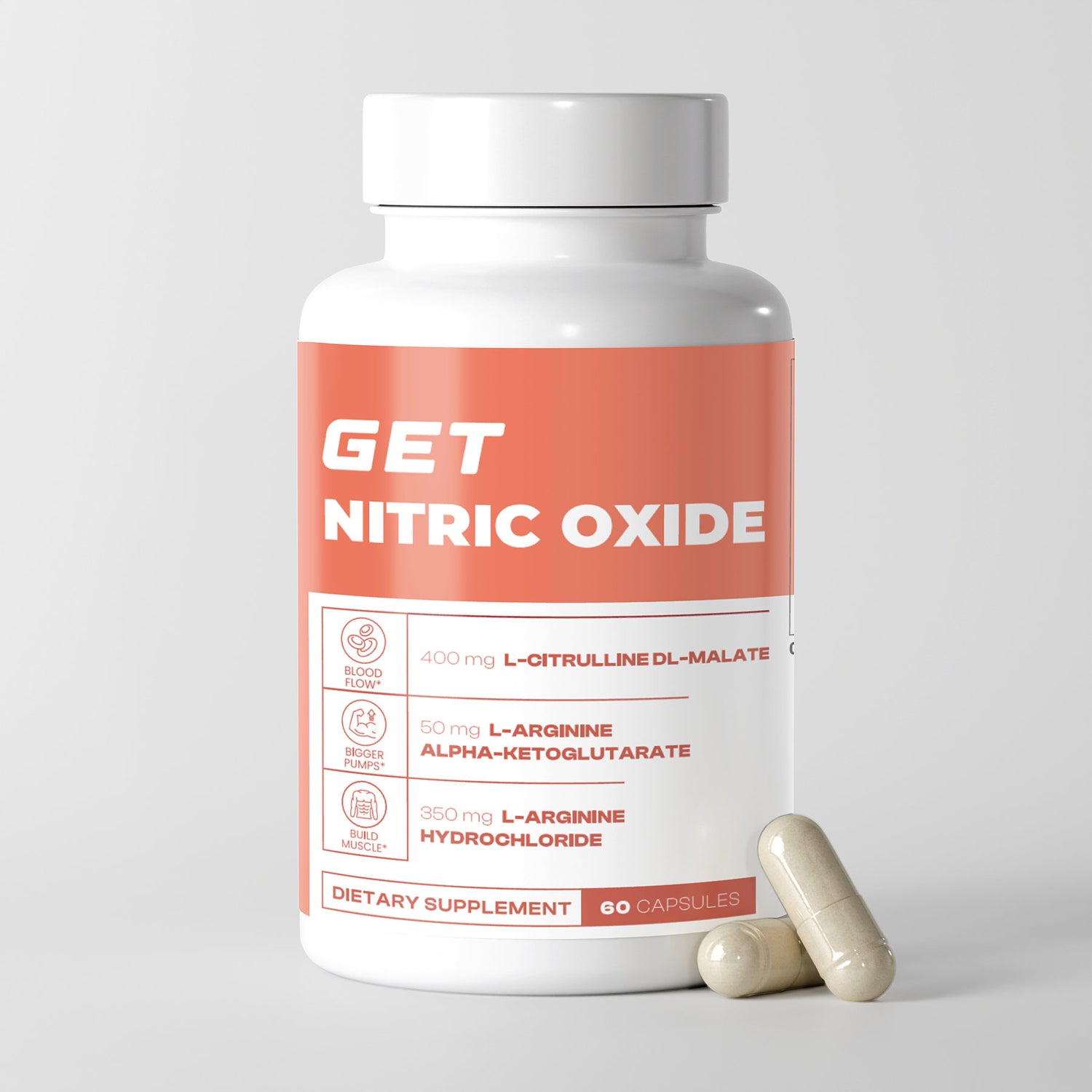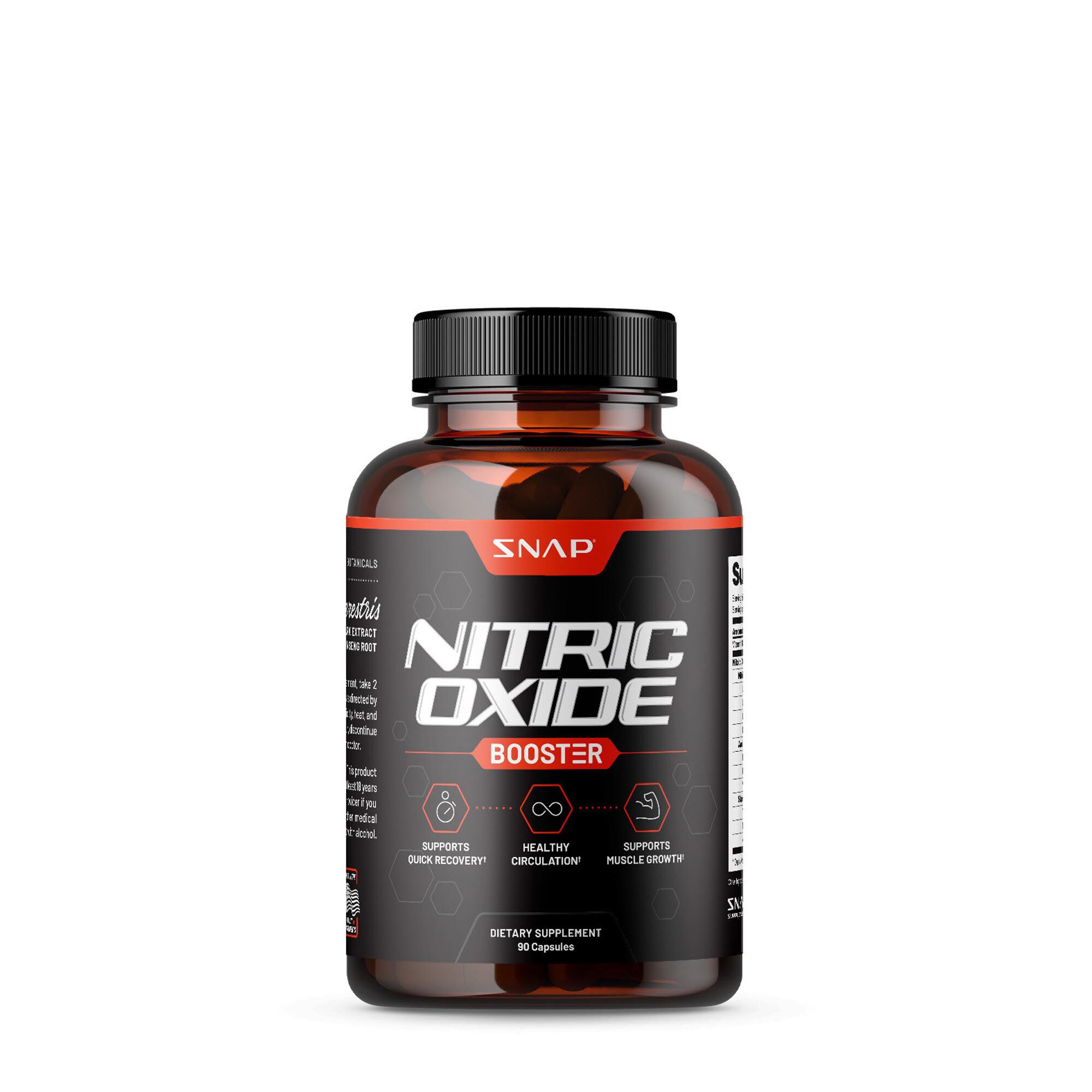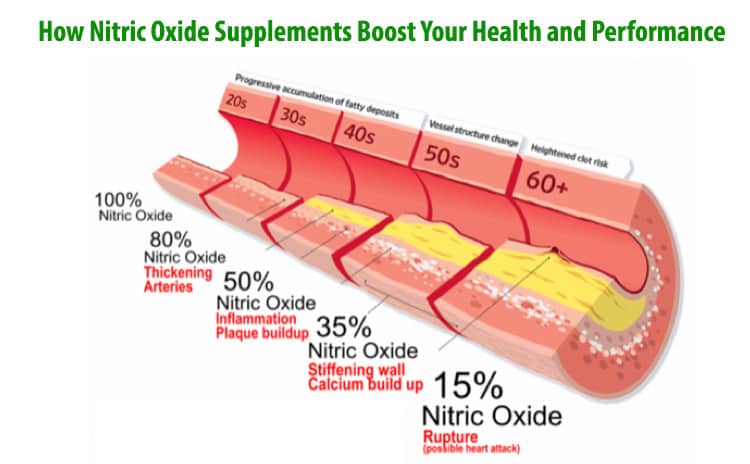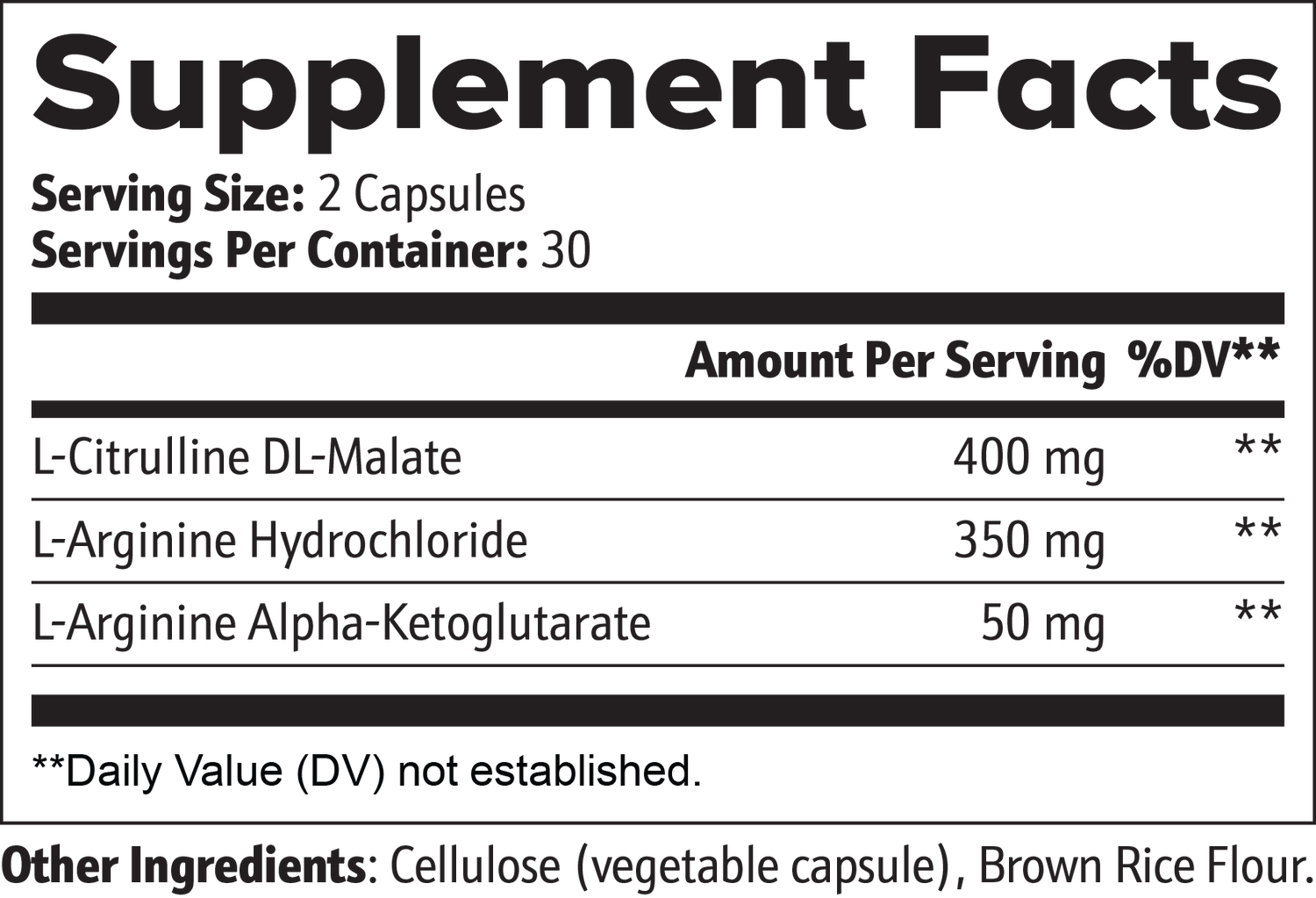Where Can I Get Nitric Oxide
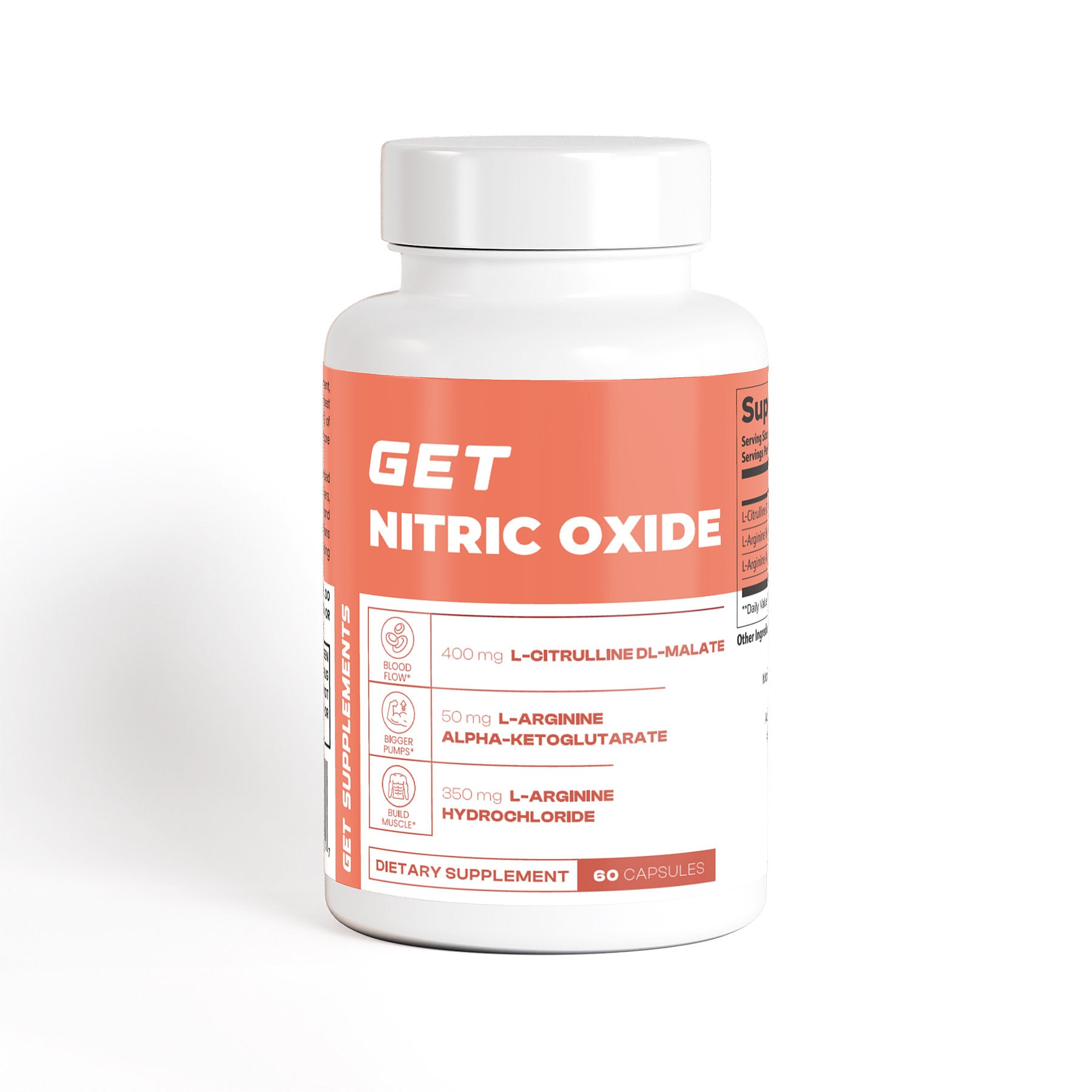
Nitric oxide, a naturally occurring molecule in the body, plays a crucial role in various physiological processes, including vasodilation, neurotransmission, and immune function. While the body produces its own nitric oxide, some individuals seek ways to boost their levels through dietary changes, supplementation, or other interventions. Understanding the different avenues for obtaining nitric oxide and their potential benefits and risks is essential for making informed decisions.
This article aims to provide a comprehensive overview of where individuals can obtain nitric oxide, exploring both natural sources and artificial methods. We will delve into the science behind each method, examine the available evidence, and offer practical guidance on how to safely and effectively increase nitric oxide levels.
Dietary Sources of Nitric Oxide
One of the primary ways to boost nitric oxide production is through diet. Certain foods are naturally rich in nitrates, which the body converts into nitric oxide. Leafy green vegetables like spinach, kale, and arugula are excellent sources of nitrates.
Beets are another well-known dietary source of nitrates. Their high nitrate content has led to their popularity among athletes seeking to improve performance. Consumption of beet juice or beet supplements has been shown to increase nitric oxide levels and enhance exercise capacity in some individuals.
Other vegetables containing nitrates include celery, radishes, and lettuce. Incorporating a variety of these nitrate-rich vegetables into your diet can contribute to increased nitric oxide production. These vegetables are also packed with vitamins and minerals that are good for your health.
Nitric Oxide Supplements
For individuals seeking a more direct route to increased nitric oxide levels, supplements are widely available. These supplements typically contain L-arginine or L-citrulline, amino acids that serve as precursors to nitric oxide synthesis. L-arginine was one of the first supplements marketed to enhance nitric oxide production.
L-citrulline, however, has gained popularity because it's more effective than L-arginine at raising arginine levels in the blood. It's converted into arginine, bypassing some of the metabolic hurdles that L-arginine faces when ingested directly. Many pre-workout supplements contain L-Citrulline.
Beetroot extract supplements are also a common choice. These supplements offer a concentrated source of nitrates, similar to drinking beet juice. They are often preferred by those who dislike the taste of beets or find it inconvenient to consume large quantities of the vegetable. A lot of research has been conducted on beetroot extract supplements.
Other Methods of Increasing Nitric Oxide
Beyond diet and supplementation, certain lifestyle factors can influence nitric oxide production. Regular exercise, particularly cardiovascular activities like running and swimming, stimulates the release of nitric oxide, improving blood flow and cardiovascular health. This is because exercise provides stress to the body.
Exposure to sunlight also plays a role. Sunlight stimulates the skin to produce nitric oxide, which can lower blood pressure and improve circulation. Sunlight exposure needs to be done carefully, to not cause skin cancer or burns.
Breathing exercises, specifically deep, diaphragmatic breathing, can enhance nitric oxide levels by increasing blood flow and oxygenation. Practicing such breathing exercises are very safe and has many health benefits. Breathing exercises can be done while meditating too.
Potential Benefits and Risks
Boosting nitric oxide levels can offer a range of potential benefits. Improved blood flow can enhance cardiovascular health, lower blood pressure, and improve exercise performance. Nitric oxide also plays a role in erectile function, making it a potential treatment for erectile dysfunction.
However, it's important to be aware of potential risks. Excessive intake of nitrates from supplements or dietary sources can lead to side effects like headaches, dizziness, and nausea. Individuals with certain medical conditions, such as low blood pressure or kidney problems, should exercise caution when using nitric oxide supplements.
Consulting with a healthcare professional is crucial before starting any new supplement regimen or making significant dietary changes, especially if you have underlying health conditions or are taking medications. A doctor can assess your individual needs and recommend the safest and most effective approach for increasing nitric oxide levels.
Conclusion
Nitric oxide is a vital molecule with far-reaching effects on human health. Whether through dietary choices, supplements, or lifestyle modifications, increasing nitric oxide levels can offer several potential benefits.
However, moderation and informed decision-making are essential.
By understanding the various options available and considering individual health needs, individuals can safely and effectively harness the power of nitric oxide to optimize their well-being. Always consult with a healthcare provider to make the right decision for you.

